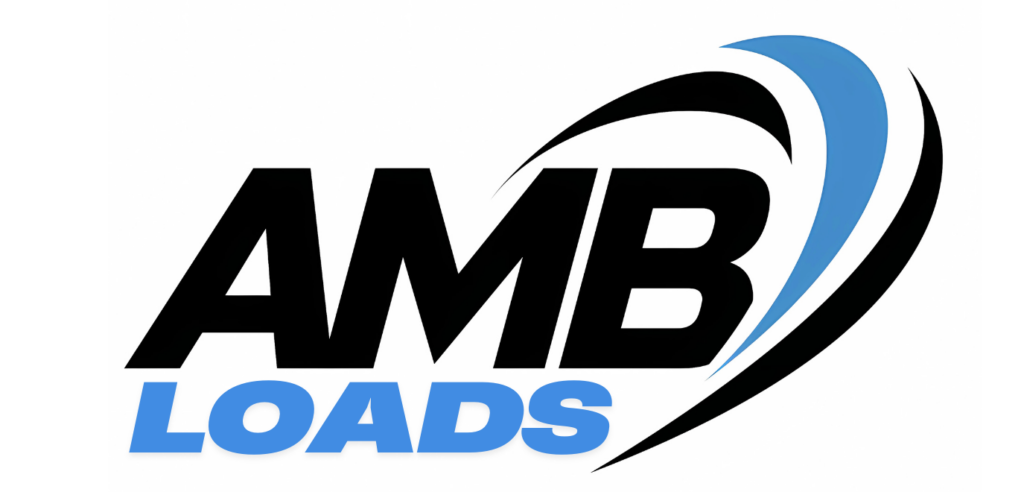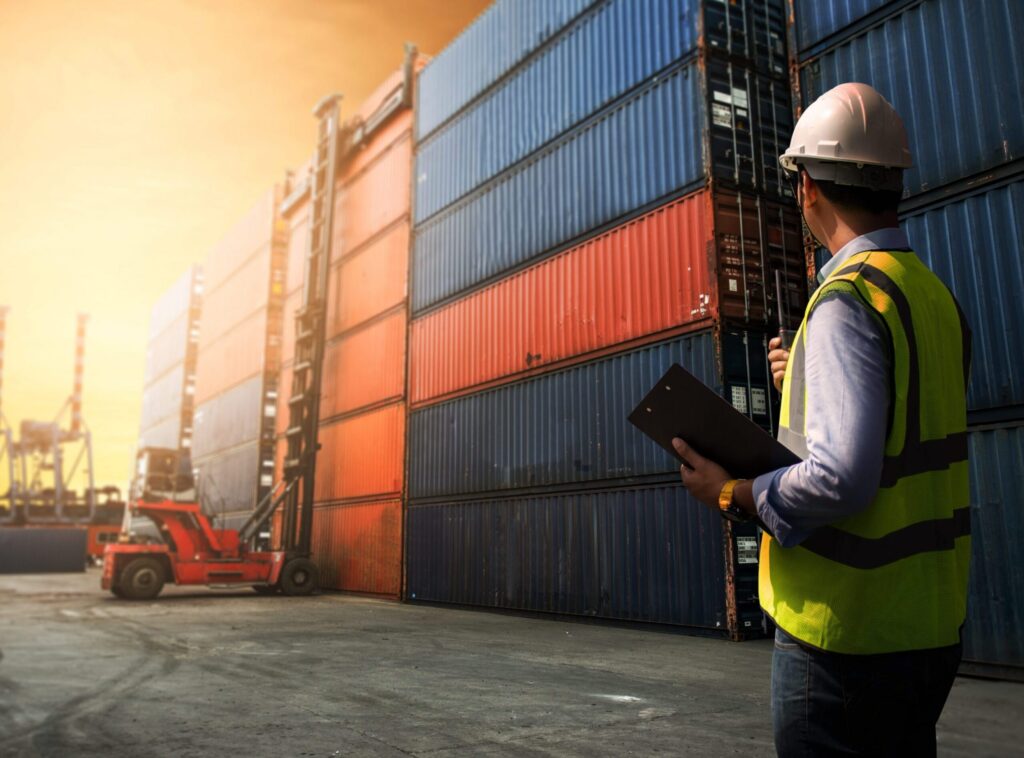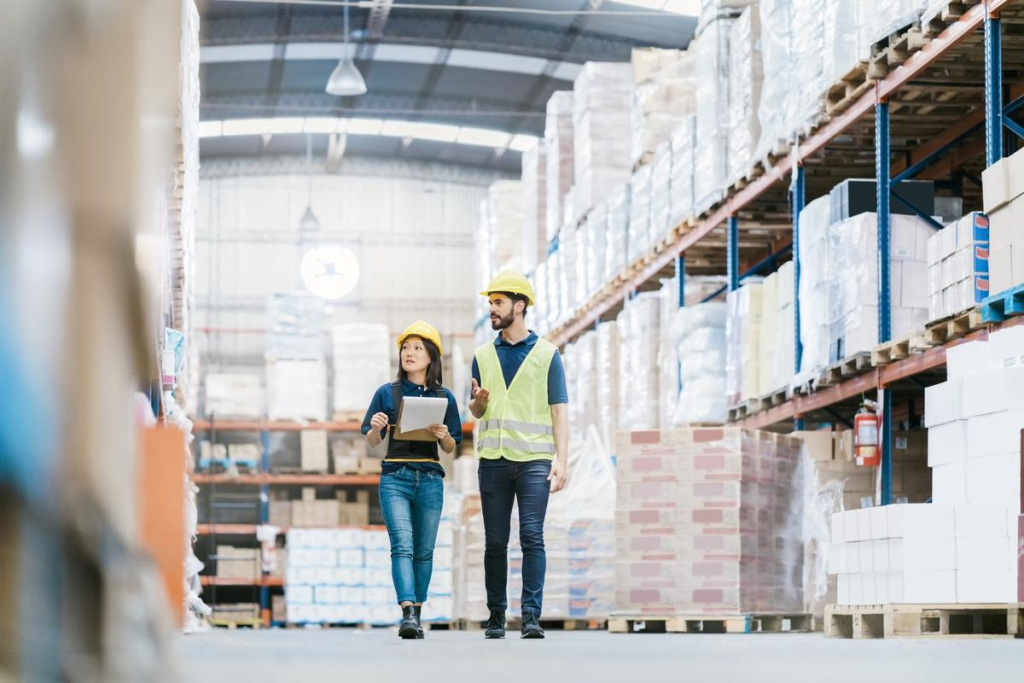In today’s fast-changing trade environment, it’s no surprise that shippers have questions—especially as new tariffs and trade policies continue to evolve. At AMB Loads, we’re in constant contact with clients looking for clarity on how current or upcoming tariffs may impact their operations.
Here are answers to some of the most frequently asked questions we hear from shippers:
1. How Do U.S. Tariffs Impact International Shipping Costs?
Tariffs directly increase the landed cost of goods. For shippers, this means higher import fees—especially when dealing with affected products like steel, aluminum, automotive parts, or semiconductors. These additional expenses may need to be passed to the customer, absorbed by the business, or balanced through supply chain adjustments.
2. What Should I Do if I’m Shipping Goods from Europe to the U.S.?
While no universal tariffs on all EU imports have been announced yet, certain sectors—such as metals and automotive parts—are already subject to increased fees. Additionally, reciprocal tariffs and countermeasures are being considered by both the U.S. and EU.
Preparation is key. Identify your tariff exposure now and consider options like rerouting your sourcing, leveraging bonded warehouses, or using Foreign Trade Zones (FTZs) to delay or reduce duty payments.
3. Are There Ways to Offset Tariff Costs?
Yes. Here are a few smart ways to reduce or delay tariff expenses:
- Use duty drawback programs to recover costs on re-exported items.
- Leverage FTZs to store goods and defer duties until the product leaves the zone.
- Consolidate shipments to reduce Merchandise Processing Fees (MPFs) and simplify customs clearance.
4. Will Tariffs Keep Changing?
Tariff policies are influenced by both domestic trade strategies and global diplomatic negotiations. That means changes are not only possible—they’re likely. What’s important is to stay informed and avoid relying on outdated or unofficial sources.
We recommend:
- Following official announcements from U.S. Customs and Border Protection (CBP).
- Consulting logistics experts like AMB Loads for real-time insights.
- Regularly reviewing your commodity codes and Harmonized Tariff Schedule (HTS) classifications.
5. What Role Can a Logistics Partner Play?
A reliable logistics provider can make a massive difference. At AMB Loads, we help you:
- Navigate documentation and compliance.
- Adjust your shipping strategies based on real-time tariff insights.
- Identify cost-saving opportunities across your supply chain.
Our goal is to help you minimize risk and move freight with confidence—even in unpredictable trade conditions.
Final Thoughts
Tariffs might be unpredictable, but your strategy doesn’t have to be. By staying informed, planning ahead, and working with experienced partners like AMB Loads, you can tackle trade challenges head-on.
Have questions about your next shipment or tariff exposure?
📞 Contact our team today — we’re here to help.



